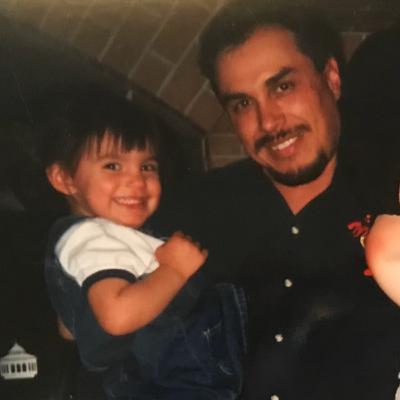Discover LeBeau Critical Family History
LeBeau Critical Family History

1 Episodes
Reverse
A critical look at my drastically different two family histories with a focus on my father's family and his life growing up on the reservation in North Dakota.
Works Cited:
Agarwal-Rangnath, R. (2013). Social studies, literacy, and social justice in the common core classroom: a guide for teachers. New York: Teachers College Press.
Cowhey, M. (2006). Black ants and buddhists: thinking critically and teaching differently in the primary grades. Portland: Stenhouse Publishers
Cuauhtin, R. T., Zavala, M., Sleeter, C. E., & Au, W. (2019). Critical Family History. In Rethinking ethnic studies (pp. 125-126). Milwaukee, WI: Rethinking Schools.
Donnella, L. (2020, July 01). We Aren't Who We Think We Are. Retrieved August 11, 2020, from https://www.npr.org/2020/06/30/885179622/we-arent-who-we-think-we-are
Social Studies Theme: Time. Continuity, and Change
“Studying the past makes it possible for us to understand the human story across time. The historical experiences of societies, peoples and nations reveal patterns of continuity and change. Historical analysis enables us to identify continuities over time in core institutions, values, ideals, and traditions, as well as processes that lead to change within societies and institutions, and that result in innovation and the development of new ideas, values and ways of life”
https://www.socialstudies.org/national-curriculum-standards-social-studies-chapter-2-themes-social-studies
Social Studies Standard:
SSS2: Uses inquiry-based research
https://www.k12.wa.us/student-success/resources-subject-area/social-studies/learning-standards





